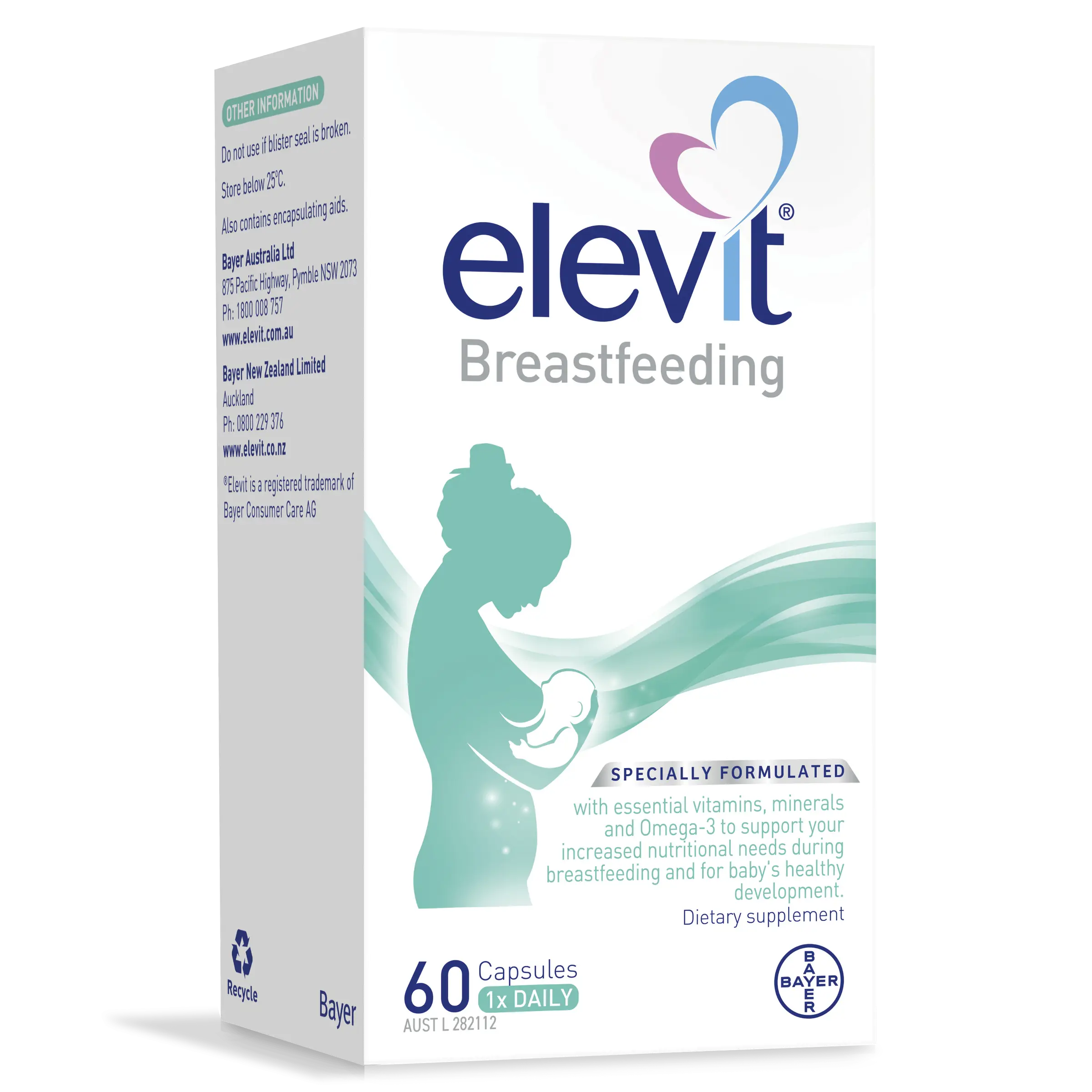Newborn Breastfeeding

On this page
Establishing breastfeeding
Breastfeeding is a wonderful way to bond with your baby however establishing it can take some time. It can take up to six weeks to establish your lactation and feel confident.
How often should you breastfeed your newborn?
All women produce breastmilk when they give birth, and by 6 weeks breastmilk is produced using a ‘demand and supply’ principle which means the more your baby takes, the more breastmilk is produced.
The number of times a newborn feeds each day is personal and will vary. It is influenced by how effective they are at drinking the milk and how much milk you make each feed.
It is normal for a newborn to feed at intervals of two to five hours. Feeds may take 45 minutes to an hour each time.
Newborns in the first few weeks might feed 8-12 times over a 24 hour period. There may even be more feeds as they often cluster feed in the afternoon. Read more about how long my baby should breastfeed for.


Advertisement
Elevit Breastfeeding
Good breastfeeding positioning
-
1
Sit in a comfortable position with your back well supported on a couch or chair. Allow your breast to fall naturally.
-
2
Start by unwrapping your baby from their swaddle. This helps make them easier to hold and reduces the chance of them overheating. It also means you can have skin to skin contact with your baby.
-
3
Lay your baby across your lap and put your arm behind their neck and shoulders to support them. Their body should be facing you and held close to your body. Your baby should be able to reach your breast easily, without having to stretch or twist.
-
4
Position your baby's head so their top lip aligns with your nipple. Their chin is touching or tucked into the breast.
-
5
Their body should be slightly lower than the breast with their lower arm under your breast.
-
6
Using your free hand, hold your breast and aim your nipple towards your baby's nose. As your baby's mouth opens wide, bring your baby to your breast. Aim your nipple towards the roof of their mouth with their chin coming in to your breast.

What are signs of good attachment
- Your baby’s mouth is wide open with the lower lip curled outward.
- After an initial short burst of sucking, the rhythm should be slow and even with intermittent pauses and deep jaw movements.
- In the early weeks, your breast should gradually reduce in fullness as the breast empties.
- You may hear your baby’s gulps at the start of breastfeeding as the let down of high volume milk is swallowed.
Is breastfeeding painful?
When you're getting used to breastfeeding, it's normal to feel some nipple and areola sensitivity and discomfort. If your nipple feels sensitive at the beginning of the feed, it should ease after a minute or two if your baby is attached properly.
If your nipple continues to hurt after a few minutes, it might mean that your baby is in the wrong position and is damaging the nipple. Gently detach your baby from the breast and re-attach.
To detach your baby from your nipple, gently place your finger in the corner of your baby's mouth. Push down onto the breast to break the suction.
It's important to not continue feeding when you're in pain as it might result in longer lasting damage.
How do I know if my baby is hungry?
Early hunger signs include their baby smacking or licking their lips, opening and closing their mouth or sucking on their lips, tongue, hands, fingers or fists.
When they're actively hungry, they might start fussing or breathing fast or rooting around on the chest of the person carrying them. They might try to position themselves for breastfeeding by lying back, fidgeting or squirming a lot or clenching fingers or making a tight fist over their chest or tummy.
Late hunger signs include your baby crying and/or moving their head frantically from side to side.
How do I know if my baby is full?
Some babies may detach from the breast abruptly and will quit feeding suddenly when full. For other babies, it can be a gradual process as their sucking becomes slower and slower until they are full.

You might also like
Breastfeeding FAQ's
There are many benefits to breastfeeding. We know that breastfeeding can help provide protection against infections and reduces the risk of your baby developing allergies. Babies that are breastfed have less incidence of childhood obesity. Breastfeeding can also help you return to pre-pregnancy weight.
But the most important thing is breastfeeding provides an opportunity to bond. Learn more about the benefits of breastfeeding.
It's definitely possible for you to continue to fully or partially breastfeed your baby for many months after returning to work.
It does take some pre-planning, but it’s worth the effort. Make sure you discuss your desire to breastfeed with your employer so they can help support you.
Start by expressing extra breastmilk and freezing it. If you haven’t been expressing, it might take a little while to build up your milk supply. Hiring an electric breast pump may make the process easier.
You may need to express at work to keep your breasts comfortable. Keep the milk refrigerated and bring it home in an insulated cool bag.
Some mothers find regular expressing difficult to maintain. However, your baby can be offered an infant formula when you are at work, and still be breastfed at home.
If you have a couple of weeks until you are admitted to hospital, build up a supply of breast milk in your freezer to provide milk for your baby when you're not able to feed.
In hospital, arrange ahead for your baby to room in with you (as per hospital policies to promote, protect and support breastfeeding), with the support of your partner. Alternately they could be brought into you at regular intervals to breastfeed.
When you are being admitted, talk to the nurses about your needs as a breastfeeding mother. You may need to ask for help to sit up to breastfeed or to express when you have returned from the operation.
At home, your baby may be a little fussy or even refuse the breast when they're reintroduced. This may be a reaction to the emotional and physical separation and your baby may need to be temporarily offered milk feeds from a bottle.
Gently persist in offering the breast, as it may take a little while before your baby settles back into a good feeding pattern.
Yes! All Tresillian staff are committed to supporting breastfeeding if this is your chosen method of feeding your baby. We provide breastfeeding encouragement, education and support if you're trying to overcome difficulties with breastfeeding.
However, if you decide to wean, this will be respected and supported. Regardless of the method you choose, we believe that infant feeding is an important and pleasurable shared experience for both you and your baby.
They may feed 8-12 times or more in 24 hours as often they cluster feed in the afternoon.
It depends on your baby's weight and how much they need. If you are expressing, you can talk to your local Child and Family Health Nurse to help you work out an amount.
If you are fully breastfeeding, offer feeds based on your baby's hunger cues.
It could be many reasons. Some reasons include:
They could be unwell.
Medication or mastitis can change the taste of breast milk.
You may smell different, have you change anything like perfume or soap?
If your baby is well, it could be they are more efficient at feeding and are feeding in a quicker time.
If they aren't hungry when you're offering feed, you may need to tune into their cues around feeding. Are they more fussy than refusing? Has the number of wet nappies changed? Is the urine pale as normal or dark and smelly? That can be a sign they aren’t getting enough breast milk.
Yes, any amount of breast milk is good for babies. The longer you can breastfeed, the better.


Advertisement
Elevit Breastfeeding
Elevit Breastfeeding contains essential vitamins, minerals and omega-3 to support your baby’s ongoing healthy development.
Visit Elevit









































